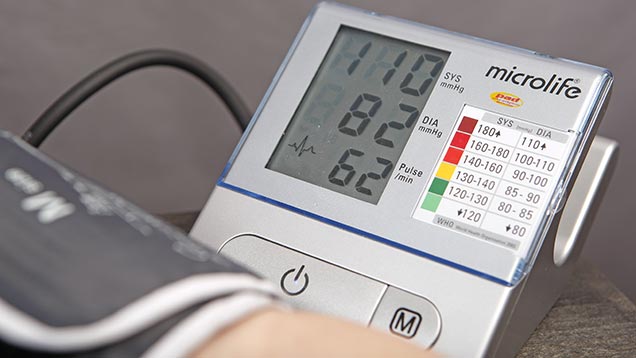Irish study finds farmers at high risk of heart attack
 © Rex
© Rex The perception that farming is a healthier profession than many others because of higher levels of activity has been challenged by research from Ireland.
The Irish Heart Foundation has released details of a study carried out at livestock markets across the country which found 80% of the farmers it surveyed had four or more risk factors for heart disease and stroke.
As part of the Farmers Have Hearts initiative nurses offered farmers one-to-one heath checks while they were attending market and measured blood pressure, cholesterol, glucose, body mass index and waist circumference.
See also: Understanding mental rural health problems
They found almost 46.0% of the farmers had high blood pressure and the same percentage had raised cholesterol levels.
In addition, 86.4% of farmers were classified as overweight, while 35.6% were classified as obese. Four out of five farmers also reported a family history of heart disease, strokes or diabetes.
The IHF said it had carried out the research as farmers were seven times more likely to die of cardiovascular disease than other occupations.
Maureen Mulvihill, head of health promotion at the Irish Heart Foundation, said the extremely high levels of risk factors demonstrated why farmers were so susceptible to heart disease and stroke.
“Not surprisingly, most of the farmers were advised to see their GP by our health check nurses. After 12 weeks it was encouraging to see almost a third had followed up with their doctor, but we need all farmers advised to see their GP to do so.
“The high level of cardiovascular disease risk factors among farmers is related to various factors such as family history, the perception among farmers that their active and outdoor occupation is ‘healthier’ and the 24/7 work life limiting opportunity to get GP check-ups.”
Cate Hartigan, head of health promotion and improvement at the Health and Safety Executive, said the message had to be got out to all farmers that they needed to make time to have a regular check-up with their GP. “It’s 20 minutes that could save their life.”
